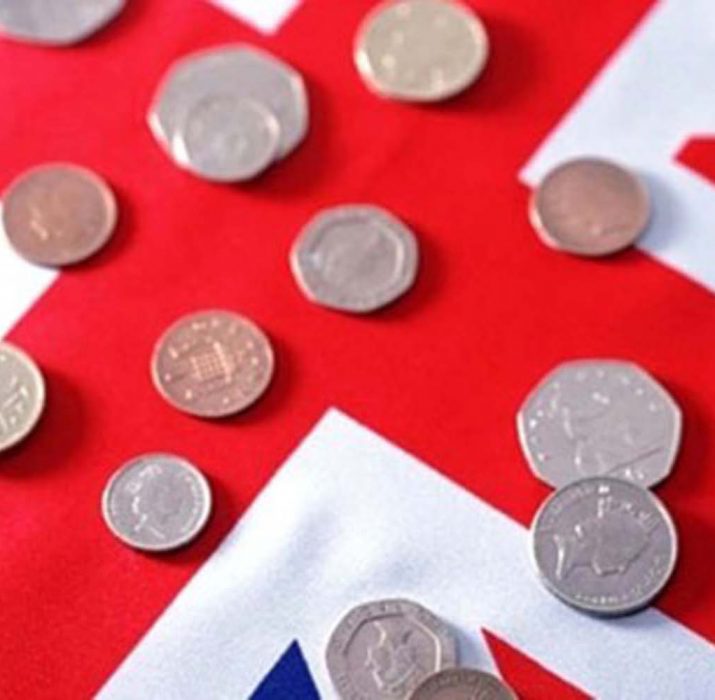Jobs market will suffer a Brexit slowdown, say experts
British workers should brace themselves for rising unemployment and falling real pay in the year ahead as the impact of a Brexit slowdown is increasingly felt in the jobs market, reports have warned.

British workers should brace themselves for rising unemployment and falling real pay in the year ahead as the impact of a Brexit slowdown is increasingly felt in the jobs market, reports have warned.
According to a story on Guardian, the era of rapidly increasing employment is over, according to the forecasting group EY Item Club, which on Monday predicted the unemployment rate will rise from 4.7% now to 5.4% in 2018 and 5.8% in 2019.
At the same time, UK firms are planning to give workers a pay rise of just 1% over the next 12 months, sharply lower than the rate of inflation, which is 2.3% and expected to rise over coming months. Pay expectations are now at their weakest in three and a half years, according to the survey of more than 1,000 employers by HR specialists the CIPD and Adecco, the recruitment agency.
“The good news in this latest survey is that employment confidence remains positive, with sectors like manufacturing and production proving particularly buoyant,”said Gerwyn Davies, a labour market adviser at the CIPD.
“The bad news is that there is a real risk a significant proportion of UK workers will see a fall in their living standards as the year progresses, due to a slowdown in basic pay and expectations of inflation increases over the next few months.
“This could create higher levels of economic insecurity and could have serious implications for consumer spending, which has helped to support economic growth in recent months.”
The warnings came as official figures published on Tuesday are expected to show inflation rose to 2.6% in April from 2.3% in March, putting further pressure on household budgets. It would be the highest since September 2013, when consumer price inflation was 2.7%. The rise is partly expected to reflect the timing of Easter, which this year fell in April, pushing up air fares in that month as a result.
“The key influences this month are likely to be air fares, utility bills, continued foreign exchange pass-through and petrol prices,” said Alan Clark, an economist at Scotiabank. “As ever, the joker in the pack is likely to be food and possibly also restaurants and hotels.”









